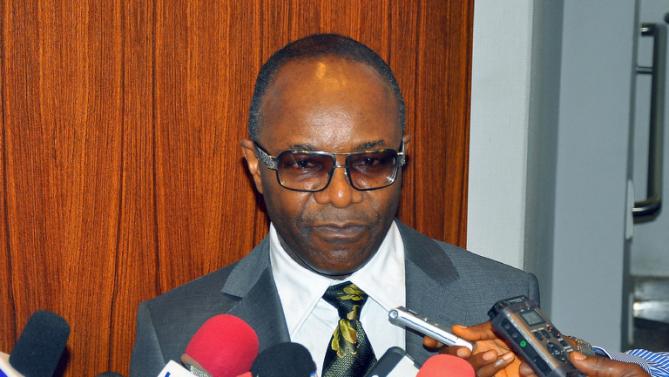The National Economic Council (NEC) on Tuesday concluded its retreat aimed at “stimulating the economy”, with a resolution to gradually increase Value Added Tax (VAT).
According to a statement by Laolu Akande, special assistant to the vice president on media and publicity, the council resolved as follows:
“Agreement reached for concerted and consistent efforts to diversify revenue sources, expand compliance on VAT, adopting a gradual plan for rate increase.
“Increase expenditure through borrowing, which should be invested in infrastructure, federal and state governments to focus on fiscal responsibility as a critical element in macro-economic balance.
Advertisement
“Increase investment in infrastructure through Public Private Partnership (PPP), develop financial inclusion strategies to cater to the poor and vulnerable population.
“Maintain a minimum level of capital expenditure of 30% in the budget.”
SINGLE-DIGIT AGRICULTURE LOANS
In the agricultural sector, the council recommended that the federal government grant single-digit interest rate agricultural loans, while “re-positioning Bank of Agriculture to enhance its capacity to finance agriculture”.
Advertisement
END OF RICE, WHEAT IMPORTATION
The council set “national targets for self-sufficiency should be set for identified crops, which should be monitored. Tomato paste – 2016, Rice – 2018, Wheat – 2019”.
“The federal and state governments should establish minimum price guarantee for farm produce” in order to encourage local farmers.
BITUMEN/ASPHALT IMPORTATION, TOO
The council asked that a framework be established to address issues of illegal miner, licenses, taxes and royalties by March 31, 2016.
“Federal government to engage with state government on the road map and agree any amendment that may be required by 30th June 2016. Conclude the re-validation/re-certification of all mining leases by 30th September 2016.
Advertisement
“Federal government and states to set deadlines to achieve self-sufficiency in Bitumen/Asphalt and tiles (to discourage/stop importation).”
AJAOKUTA REVIVAL
NEC resolved to “make and communicate final decisions on operationalisation of Ajaokuta steel plant by 30th June 2016”.
“Establishment of joint committee to address issues of data on quantity and quality of minerals exploited and exported. Discourage use of wood for cooking by promoting use of coal briquettes
“Guarantee access to finance solid minerals development via intervention funds and private sector capital.”
Advertisement
IMPORT COMPETITION – NOT SUBSTITUTION
“Made in Nigeria” has been the buzz word since the naira began to fall drastically, and NEC posits this is pivotal to national growth.
“State and federal governments must emphasize the patronage of ‘made in Nigeria’ products. ‘Import competition’ rather than ‘import substitution’ should be emphasized.
Advertisement
CBN CONSISTENCY
The council called for “predictability and consistency of the Central Bank of Nigeria’s communication to key stakeholders”, saying it is “required to manage expectations”.
“The Central Bank of Nigeria should carry the States along in some of their reforms in areas of SMEs and Agricultural funding initiatives.”
Advertisement
SCHOOL FEEDING TO STAY
A lot of promises made by the All Progressives Congress (APC) have been downsized from time to time, but NEC says school feeding must be carried on with.
“Federal and state governments to work collaboratively to ensure sustainability of the school feeding and other social protection programmes.
Advertisement
“Cooperation from the states’ ministries of education and state universal basic education board (SUBEBs) for the teacher corps program.
“Provide logistics support on the proposed upgrade of 75 existing national directorate of employment (NDE) facilities (across the various States) to empowerment centres.
“Creating a delivery mechanism that ensures efficient, consistent timely and direct payments in the remotest parts of the country and boost productivity and financial inclusion for the poorest and most vulnerable.”
Add a comment







